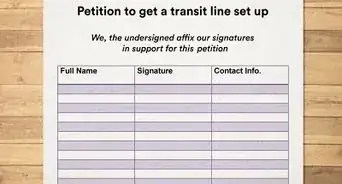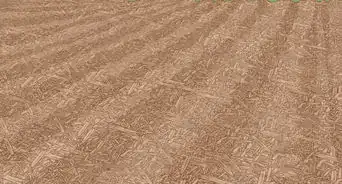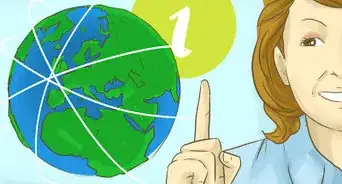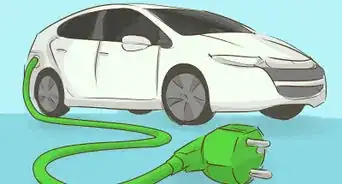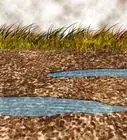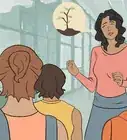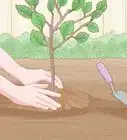This article was co-authored by Kathryn Kellogg. Kathryn Kellogg is the founder of goingzerowaste.com, a lifestyle website dedicated to breaking eco-friendly living down into a simple step-by-step process with lots of positivity and love. She's the author of 101 Ways to Go Zero Waste and spokesperson for plastic-free living for National Geographic.
There are 7 references cited in this article, which can be found at the bottom of the page.
wikiHow marks an article as reader-approved once it receives enough positive feedback. This article has 27 testimonials from our readers, earning it our reader-approved status.
This article has been viewed 942,941 times.
Water is one of the world's most important resources, and we can all do our part to stop it from getting polluted. Simple changes like using natural cleaning products instead of toxic ones in your home and planting more trees and flowers in your yard can make an important impact. On a larger scale, consider speaking up against industries that dump waste into local streams, rivers, and beach fronts to reduce water pollution in your community. Every action you take makes a difference.
Steps
Community Q&A
-
QuestionHow do I bathe or wash in a body of water without polluting it?
 DonaganTop AnswererStrictly speaking, it's not possible. Even if you didn't use any soap or other cleansing agent, your skin oil and other contaminants would enter the water.
DonaganTop AnswererStrictly speaking, it's not possible. Even if you didn't use any soap or other cleansing agent, your skin oil and other contaminants would enter the water. -
QuestionWhy do people litter?
 Community AnswerBecause they're lazy and uncaring and would rather just drop their garbage wherever they are than look for a place to throw it away.
Community AnswerBecause they're lazy and uncaring and would rather just drop their garbage wherever they are than look for a place to throw it away. -
QuestionHow can we save water?
 Community AnswerTurn off the tap when you brush your teeth. This can save 6 liters of water per minute. Place a cistern displacement device in your toilet cistern to reduce the volume of water used in each flush. You can get one of these from your water provider. Take a shorter shower. Showers can use anything between 6 and 45 liters per minute. Always use full loads in your washing machine and dishwasher. This cuts out unnecessary washes in between. Fix a dripping tap. A dripping tap can waste 15 liters of water a day, or 5,500 liters of water a year. Install a water butt to your drainpipe and use the water collected to water your plants, clean your car and wash your windows.
Community AnswerTurn off the tap when you brush your teeth. This can save 6 liters of water per minute. Place a cistern displacement device in your toilet cistern to reduce the volume of water used in each flush. You can get one of these from your water provider. Take a shorter shower. Showers can use anything between 6 and 45 liters per minute. Always use full loads in your washing machine and dishwasher. This cuts out unnecessary washes in between. Fix a dripping tap. A dripping tap can waste 15 liters of water a day, or 5,500 liters of water a year. Install a water butt to your drainpipe and use the water collected to water your plants, clean your car and wash your windows.
References
- ↑ http://epa.gov/greenerproducts/
- ↑ http://www.nrdc.org/water/pollution/gsteps.asp
- ↑ Kathryn Kellogg. Environmentalist. Expert Interview. 28 June 2019.
- ↑ http://www.nrdc.org/water/pollution/gsteps.asp
- ↑ http://education.nationalgeographic.com/education/encyclopedia/great-pacific-garbage-patch/?ar_a=1
- ↑ http://greenliving.lovetoknow.com/How_to_Stop_Water_Pollution
- ↑ Kathryn Kellogg. Environmentalist. Expert Interview. 28 June 2019.
- ↑ Kathryn Kellogg. Environmentalist. Expert Interview. 28 June 2019.
- ↑ http://topics.nytimes.com/top/reference/timestopics/subjects/w/water_pollution/index.html
About This Article
To reduce water pollution, use natural cleaners like vinegar and baking soda in place of toxic chemicals like bleach and ammonia. Additionally, avoid using pesticides and herbicides in order to prevent groundwater contamination. If you need to dispose of old medications, look into local “take back” programs instead of flushing them down the toilet, where they can end up back in the drinking water. Additionally, avoid flushing non-biodegradable items like diapers and wet wipes, since they can harm fish and other wildlife when they end up in lakes and rivers. For more advice, including how to reduce water pollution by using pesticide and herbicide alternatives, keep reading.
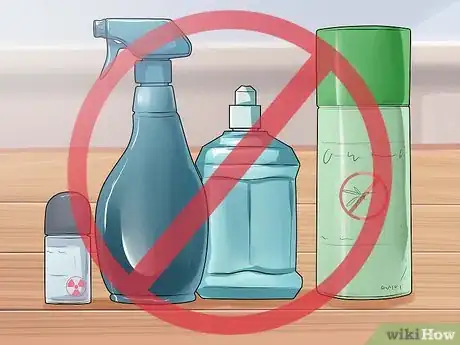
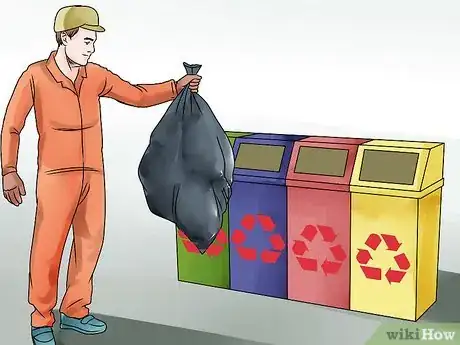

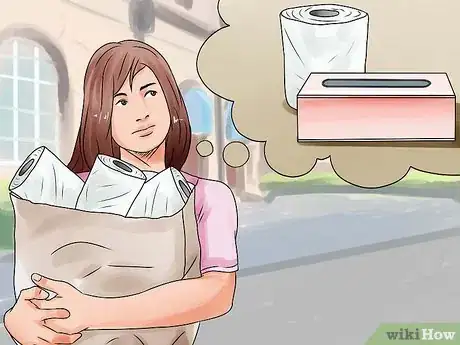
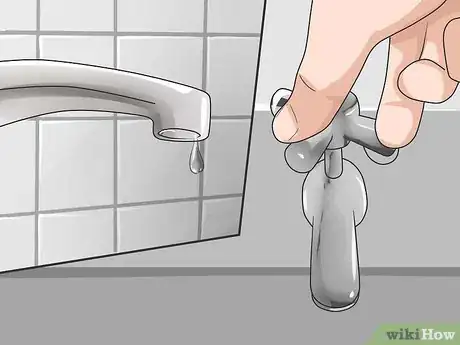

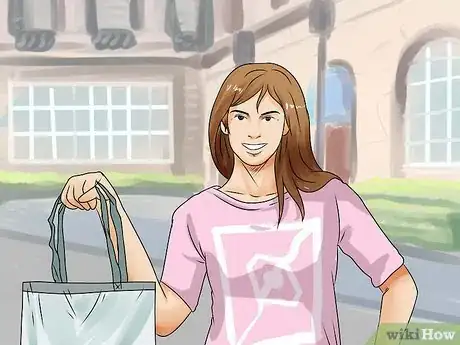
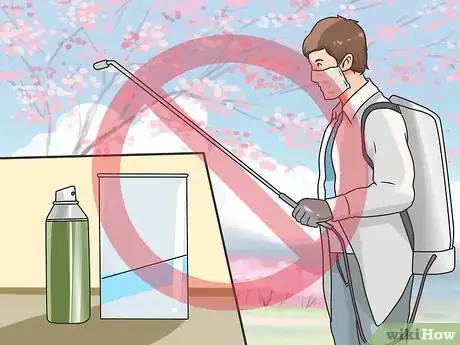
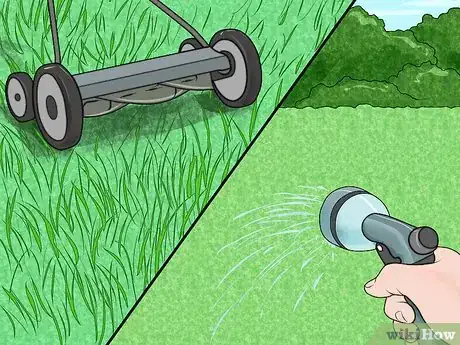
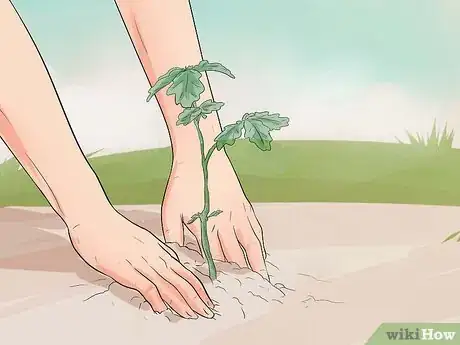
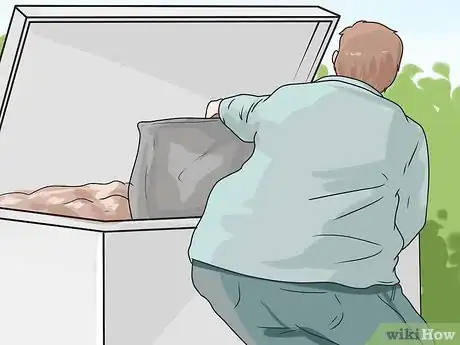
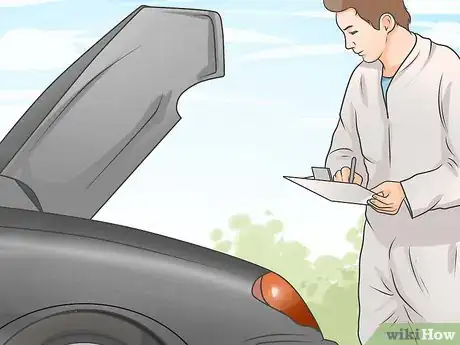
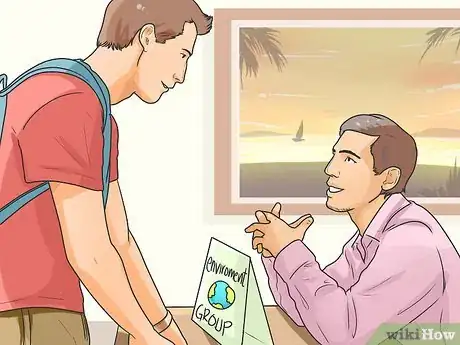

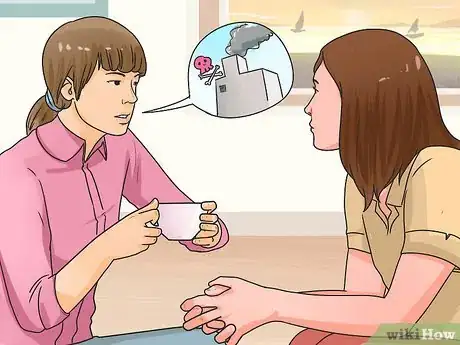
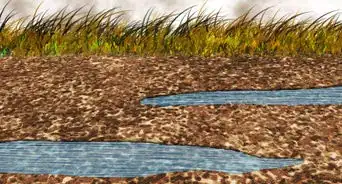
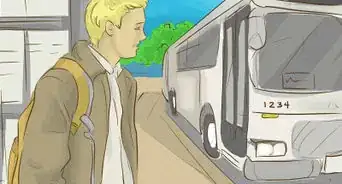
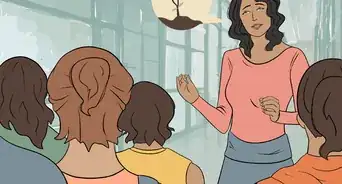
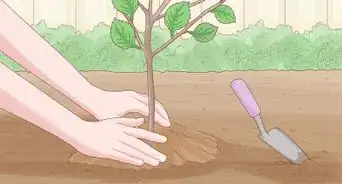
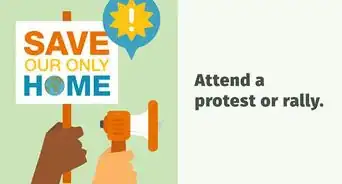
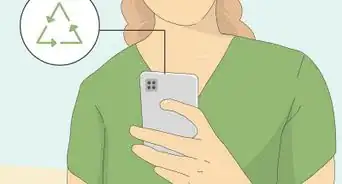
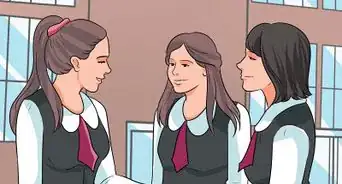
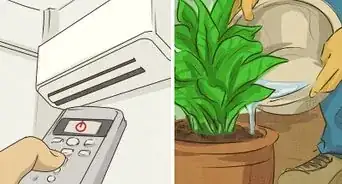
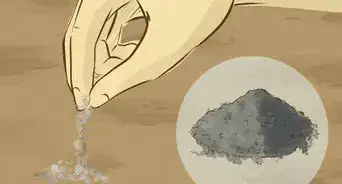
-Step-14-Version-6.webp)
